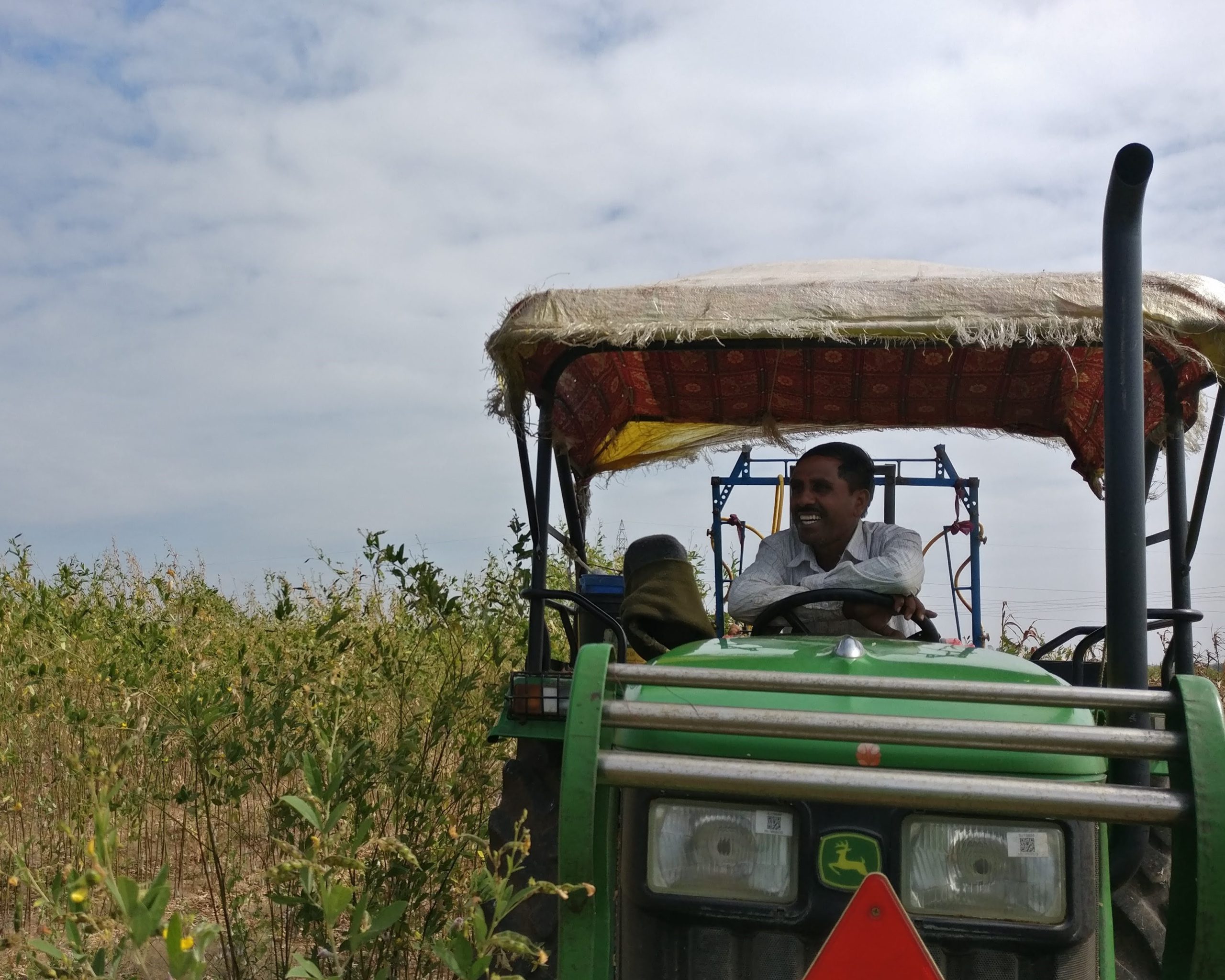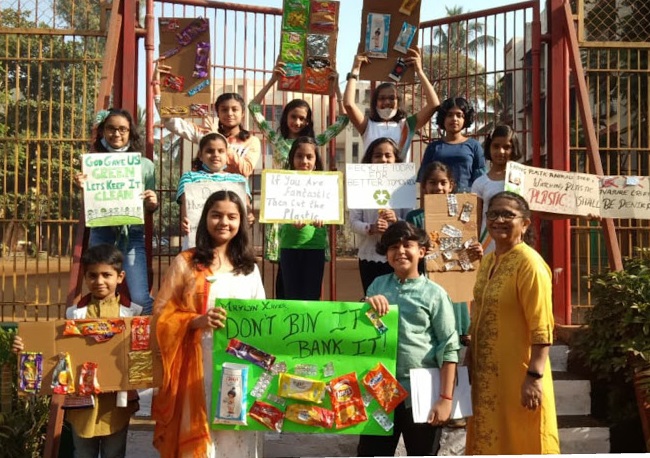Our Projects

We forayed first hand into understanding the challenges of farming and especially organic in November 2020. With the challenge of the pandemic not entirely behind. Prem Chavan, a young associate at one of our waste management projects became unemployed during the pandemic and that set us off on the journey.
Prem hails from Marathwda, a region known for the enormous challenges faced by farmers but also a region which is the dal bowl of India.
So we thought of rehabilitating Prem back in his village in Hingoli District. We helped him start a dal mill, procure dal at better than MSP price (what the agitation has all been about) and then sell the dal to conscientious consumers in our networks in Mumbai who would like to support change through their purchase choices.
In collaboration with JSW Foundation we have set up pioneering waste management systems in two village clusters in the Mumbai Metropolitan Area. These projects have effectively demonstrated solutions to the wicked problem of managing daily household waste.
Mumbai Metropolitan Region has more than 1000 villages. The rural beauty of these villages is marred by the site of overflowing community garbage bins, burning waste, waste lying around roads. And amidst this rag pickers foraging for material of economic value.
With financial support from JSW Foundation we worked in Vasind and Dolvi and set up systems which have become talking points in the respective regions and have become very practical and doable guides for other villages to emulate. The projects provide very accurate thumb rules for the amount of effort required to collect and manage waste at a unit level of 1000 families.
We have created wonderful new friends in the process, providing very satisfying and learning employment opportunities. And received appreciation from the community.
These projects meet a number of SDG goals besides tackling plastic pollution and helping mitigate air pollution and climate harming emissions.


Jawhar Ecology Centre was a project conceived in 2016 after the first visit to the region in 2015.
The project aims to carry out all necessary steps to preserve the beauty and biodiversity of the forests found in this region. Belonging to the Northern Western Ghats the forests would be worth preserving for the beauty alone but face numerous human pressures from firewood cutting, grazing and agricultural practices.
The program is developed around students – school and college – and them taking responsibility for the multi-laminated packaging waste generated by them and their family. If every family was responsibly disposing its own waste then the work of the city authorities would become much easier.
Just like a regular Bank, Safai Bank has account holders, a physical space for a branch and staff. Students who wish to be responsible towards their waste will open an account with a Branch and once in a week visit the branch and deposit their waste.
The Educational Institutes which agree to open branches will function once in a week only on a designated day and hours. The institute will provide a small space consisting of two tables and a few chairs to the Branch staff to sit and accept the deposits from the account holders. They could need an electricity connection for their devices and also a space protected from the weather elements. The institutes will also provide a storage space for storing the collected waste which will be cleared once in a month.
The waste stored at the Branches is collected once in a month and transported to the City Depot. At the City Depot waste from a number of Branches is stored. At the City Depot the waste will get sorted and baled and ready for final disposal either in road making or a cement kiln.
The complete system is run on an IT backend where all the deposits by the Account Holders are recorded accurately and available to the account holders for viewing in an e-passbook online. The Branch Managers have logins which allows them to access the system and make deposits.

